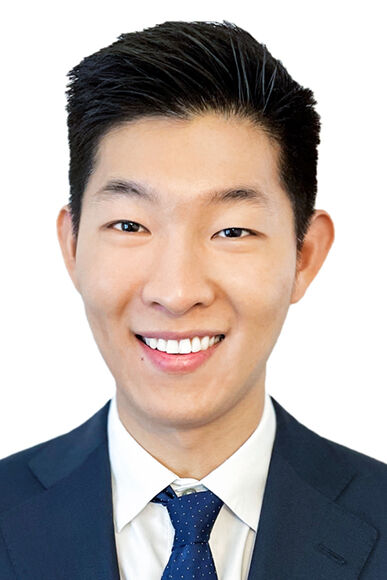- Fellow Highlights
Looking Back at the Fellowship: MD/MBA Student Charlie ChangWon Lee
2021 Paul & Daisy Soros Fellow Charlie ChangWon Lee is an MD/MBA student at Havard University.
Charlie graduated summa cum laude in integrative biology from Harvard College, where his academic work in the biomedical sciences and health policy shaped his understanding of what it meant to be a physician. He joined the laboratory of Professor Dennis Kasper, where his research culminated in a senior thesis on harnessing beneficial microbes from the human gut to alleviate intestinal autoimmune disorders. For these achievements, he was awarded the Thomas Temple Hoopes Prize.
Studying novel therapies further led Charlie to question how newly approved medicines that were often expensive reached patients within a broader system of health care. He later worked with Professors Aaron Kesselheim, Ameet Sarpatwari, and Jerry Avorn at the Program on Regulation, Therapeutics and Law (PORTAL) at Brigham and Women’s Hospital to study policy issues involving pharmaceutical drug pricing, drug development, and medication use and safety. Charlie is the author of ten publications, including four as first author, in journals such as JAMA, Health Affairs, and Mayo Clinic Proceedings.
We caught up with Charlie about what’s next and what the Fellowship has meant to him:
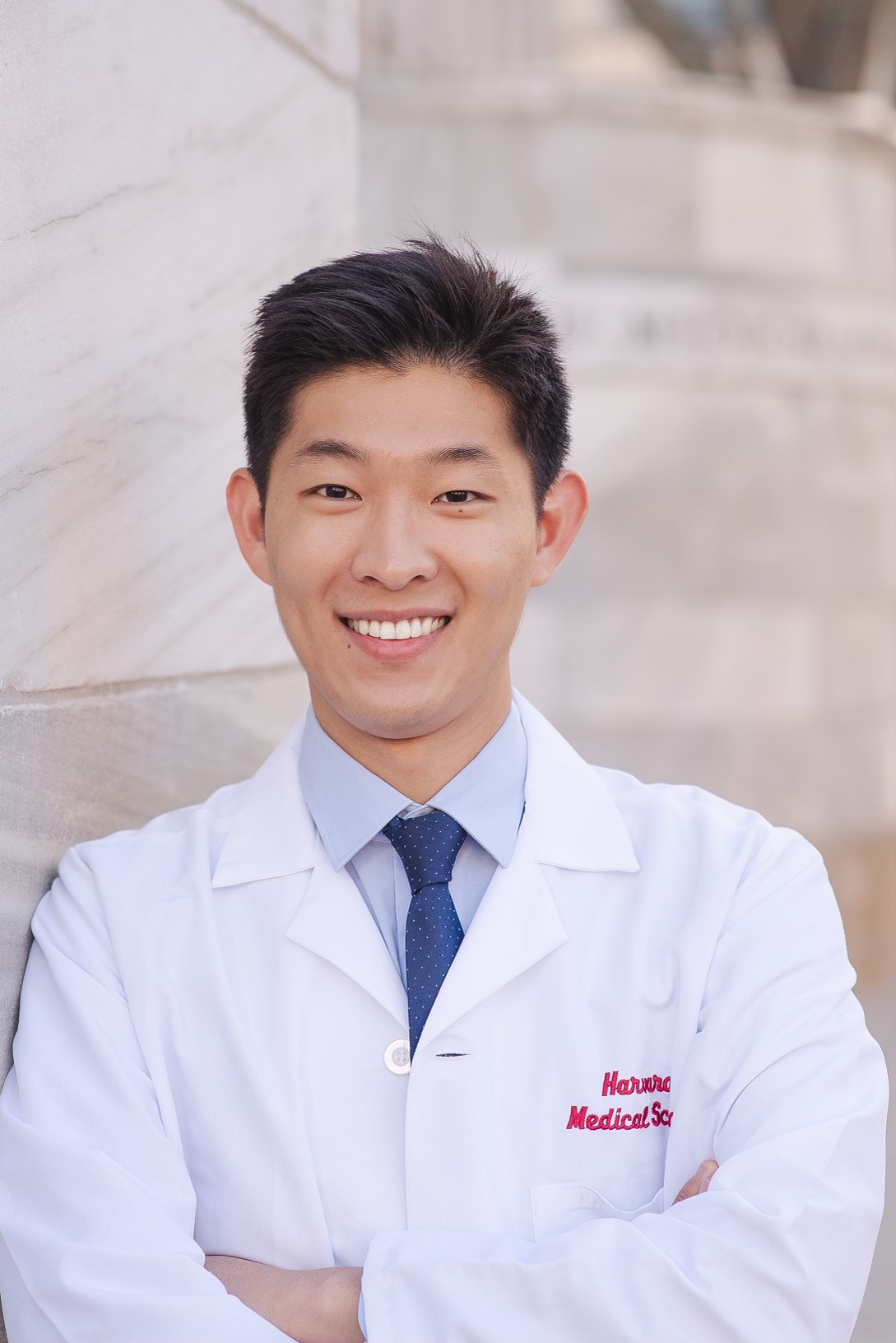
Where are you with your graduate program now?
I am currently in my third year of the MD/MBA program at Harvard Medical School and Harvard Business School. Last summer I wrapped up my advanced clinical electives before entering the MBA program in the fall. After graduating, I plan to pursue residency training in internal medicine and ultimately function as a physician-entrepreneur and policymaker helping bring forth novel therapeutics to the bedside.
Can you tell us more about your graduate studies—what questions are you pursuing? What is the main focus of your studies?
As an MD/MBA student, I spend my time thinking about how newly approved medicines reach patients within a broader system of healthcare. While promising biomedical innovations are constantly developed and being approved by the FDA, the high cost of pharmaceutical drugs often prevent patients from accessing these life-saving therapies. At Harvard Business School, I am actively exploring entrepreneurial and policy-driven solutions aimed at reducing research & development costs in the biopharma industry. By doing so, I hope to find avenues to advance the development of transformative new medicines while also providing them at a significantly lower price point.
There are so many paths beyond college—why did you feel graduate school was the best next step for you personally and/or professionally?
As a graduating senior in college, I had no concrete plans to pursue graduate school. I found myself in a state of curiosity about many different fields but also uncertainty, unsure of which specific field to explore and commit to. I ended up taking a year to reflect on my interests, strengths, and sources of fulfillment. As a Korean immigrant, I also felt the added pressure of financially supporting my family, particularly during the pandemic. I was fortunate to be offered a research position from my academic mentor in a research group studying pharmaceutical policy. This work exposed me to various aspects of medicine and healthcare policy, including FDA regulation, pharmaceutical drug development and pricing, and biotech entrepreneurship within the Harvard-MIT innovation hub. This experience deepened my interest in medicine and led me to apply to medical school with the intention of expanding my knowledge of patient care and continuing my involvement in this area.
How do you describe The Paul & Daisy Soros Fellowships for New Americans program to others?
Daisy Soros often refers to the community as the “Fellowship with a heart,” and this truly resonates with my experience. What initially stood out to me about the Fellowship was the remarkable ease with which I could connect with others. Everyone arrives having walked their own unique journey, and yet there is a profound shared understanding among us of the challenges and sacrifices our families made to immigrate and adapt to life in the United States. It’s the collective empathy and lifelong friendships that make the Paul & Daisy Soros Fellowship such an empowering and truly special community.
What advice would you give to someone who is thinking of applying to The Paul & Daisy Soros Fellowships for New Americans?
Have conversations. These can be with your family, community members, and/or academic mentors. You will be surprised by how insightful, gratifying, and humbling these conversations can be. Then sit down and honestly reflect on how these relationships have shaped who you are as a person, your beliefs, and your values. Let these insights guide how you approach sharing your New American experience, as well as your near-term and long-term aspirations. ∎
Keep Exploring
-
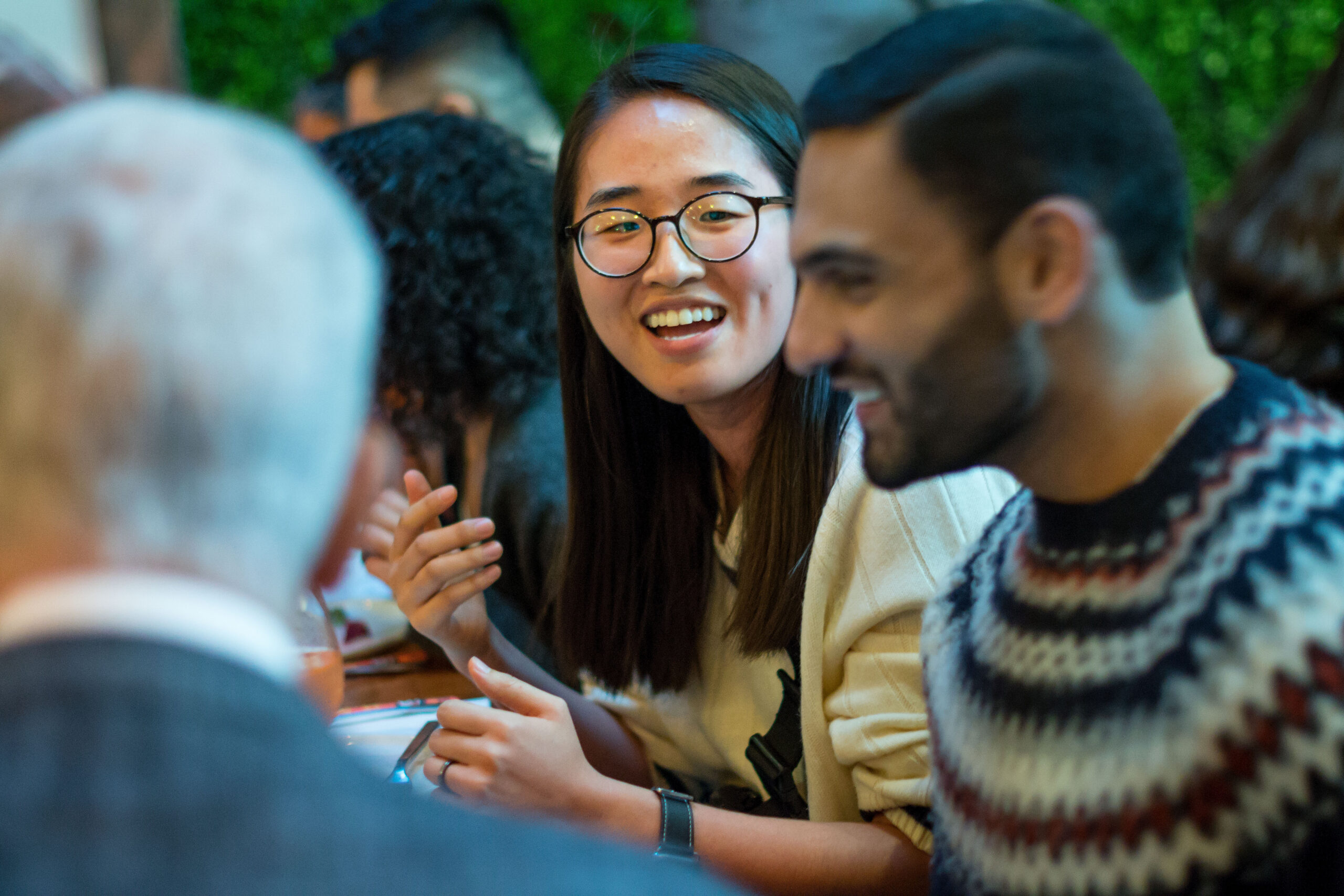 Read more: Kathy Ku Steps into Leadership as PDSFA Chair
Read more: Kathy Ku Steps into Leadership as PDSFA Chair- Board of Directors
- Fellowship News
Kathy Ku Steps into Leadership as PDSFA Chair
-
 Read more: Q&A with MD/PhD Student Silvia Huerta Lopez
Read more: Q&A with MD/PhD Student Silvia Huerta LopezQ&A with MD/PhD Student Silvia Huerta Lopez
-
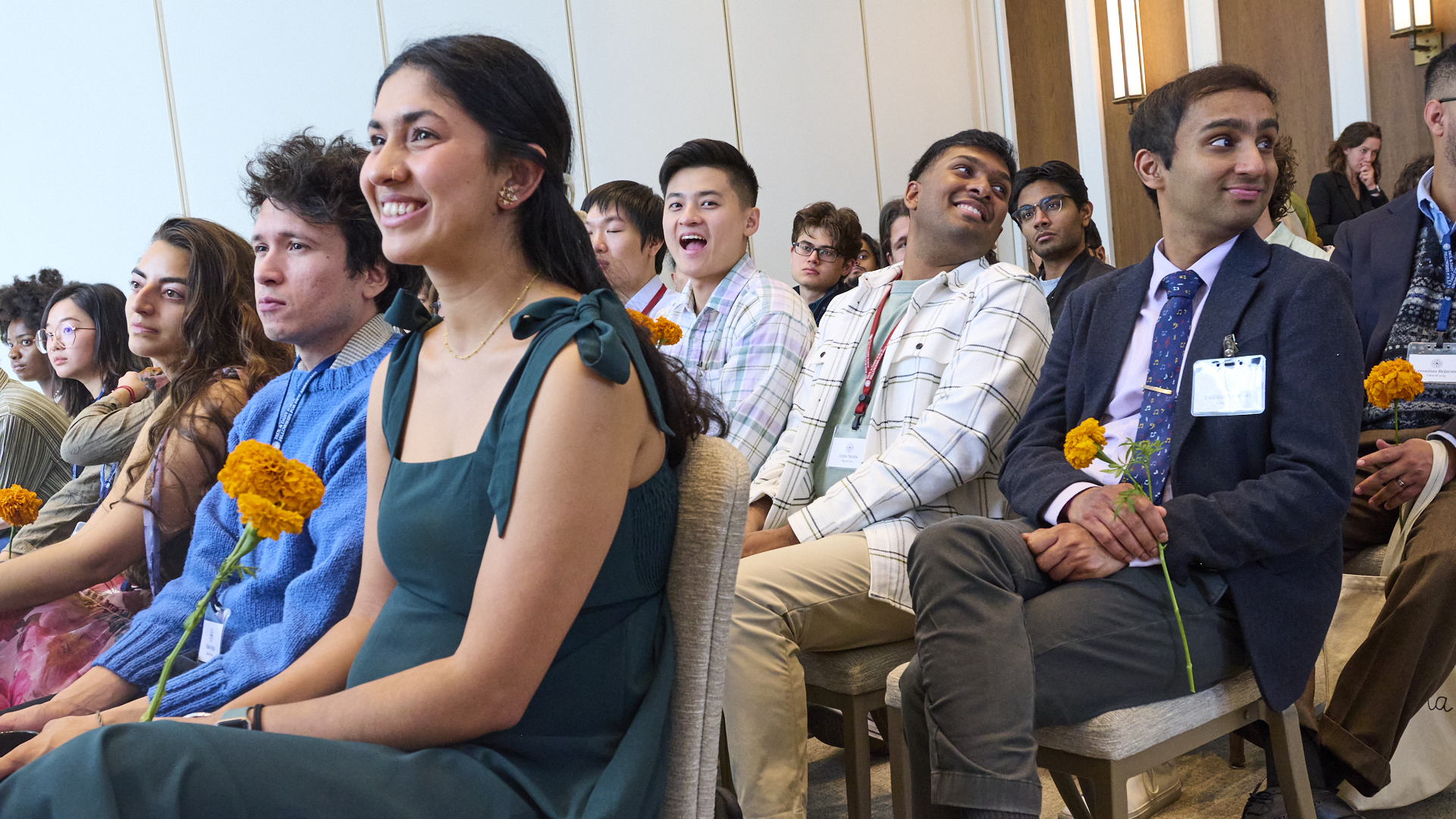 Read more: PD Soros Eligibility Guide for PhD Applicants
Read more: PD Soros Eligibility Guide for PhD Applicants- Applicant Information
PD Soros Eligibility Guide for PhD Applicants
-
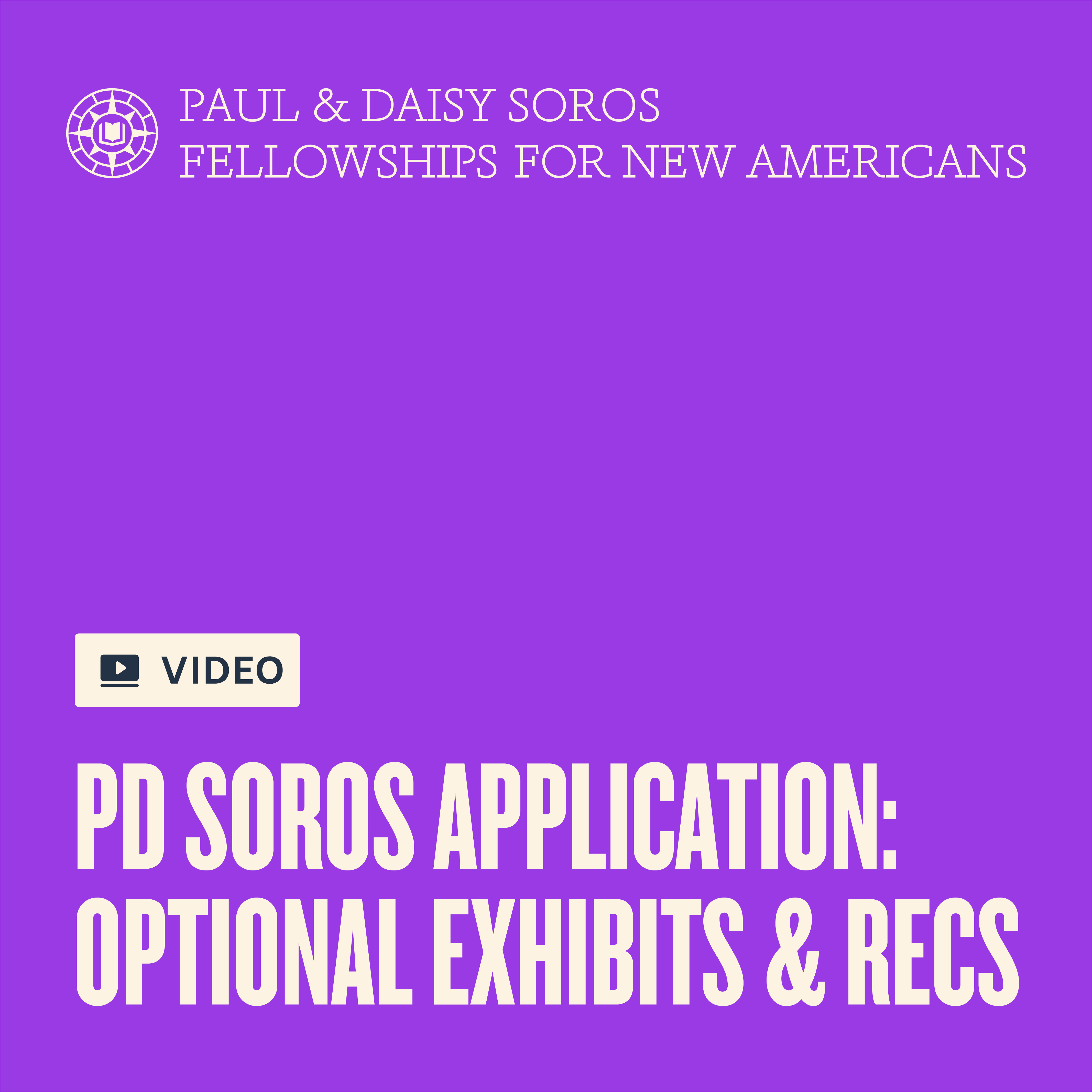 Read more: Watch: Optional Exhibits & Recommendations
Read more: Watch: Optional Exhibits & Recommendations- 2025 Information Sessions
Watch: Optional Exhibits & Recommendations
